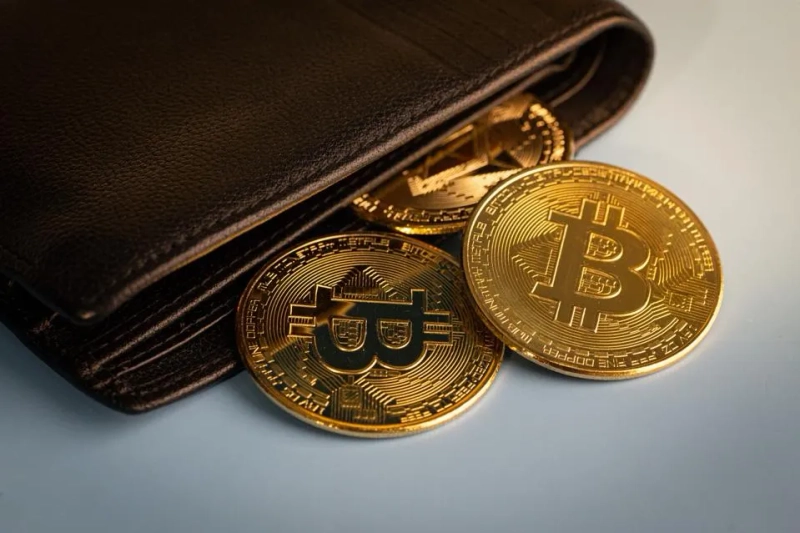As the Web3 ecosystem rapidly expands, scalability and automation are becoming critical pillars for decentralized applications (dApps). From DeFi platforms to blockchain-based games and NFT marketplaces, users demand faster, seamless, and more secure interactions. At the heart of this evolving architecture lies a critical yet often underappreciated component—server wallets.
What Are Server Wallets?
Server wallets are backend-controlled crypto wallets that operate via secure servers, enabling automated transactions and scalable operations in decentralized systems. Unlike user-facing wallets (like MetaMask), server wallets don’t rely on human input. They are designed to facilitate high-frequency, automated blockchain interactions, acting as the operational engine of many dApps.
These wallets store private keys in a secure environment—often with multi-layered encryption or hardware security modules (HSMs)—and are accessed through APIs or internal services. They enable businesses and protocols to programmatically manage assets, approve transactions, and interact with smart contracts on behalf of users.
The Need for Scalability in Web3
Web3 adoption hinges on an app’s ability to scale efficiently. Whether it’s a DeFi protocol processing hundreds of token swaps per second or a blockchain game awarding NFTs in real-time, scalability can’t be compromised. This is where server wallets shine.
Because server wallets can batch transactions, integrate queue systems, and trigger automated blockchain actions, they drastically reduce latency and improve throughput. Developers can manage thousands of wallet instances, conduct mass transactions, and handle peak usage—all without relying on manual operations. This allows for a smoother user experience and lower operational costs.
Automation: The Web3 Superpower
Web3 apps need automation not just for speed, but for functionality. Features like gasless transactions, auto-approvals, real-time rewards, and staking mechanisms rely heavily on background processes. Server wallets enable this automation by acting as intermediaries between smart contracts and front-end interfaces.
For example, a DeFi app might use server wallets to monitor liquidity pools and rebalance them automatically when thresholds are hit. An NFT platform might mint tokens instantly and send them to users using a secure server-side wallet. These automated workflows are impossible to achieve at scale without the help of server wallets.
Security Considerations
While server wallets open up incredible capabilities, they also introduce unique security challenges. Because they store and use private keys programmatically, they are a potential target for attackers. That’s why leading projects integrate hardware security modules (HSMs), secure enclaves, and multi-signature (multisig) schemes to protect server wallet infrastructure.
Additionally, access control, role-based permissions, and encrypted APIs ensure that only authorized processes can trigger blockchain transactions. When implemented properly, server wallets can offer enterprise-grade security that matches or even exceeds traditional custody methods.
Use Cases in the Wild
Some of the most successful Web3 platforms already leverage server wallets to stay ahead of the curve:
- DeFi Protocols: Use server wallets to automatically distribute rewards, perform flash loans, and reallocate liquidity.
- Web3 Games: Handle in-game asset transfers, NFT minting, and gas fee abstraction using server-side wallets.
- DAOs and Governance: Automate voting rewards, treasury operations, and proposal executions through server-controlled wallets.
Conclusion
As Web3 applications scale and evolve, so must the underlying infrastructure. Server wallets are not just a backend convenience—they’re a necessity. Their ability to handle high-volume, secure, and automated blockchain operations makes them an indispensable tool for developers building next-gen decentralized experiences.
In a world moving toward full automation and real-time blockchain interactivity, server wallets are the silent workhorses powering the future of Web3.


